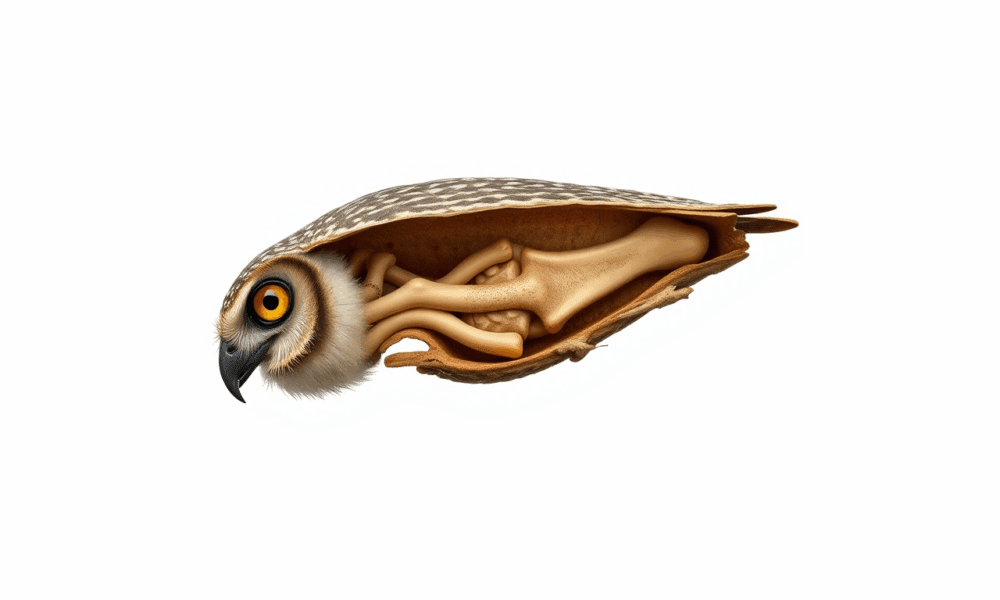
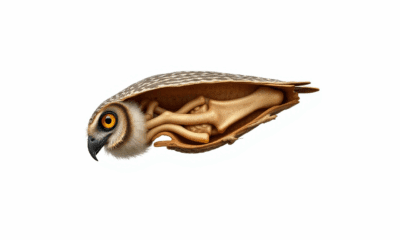

Researchers found that digestion in hawks and owls can alter the results of isotopic analysis in pellets and droppings.
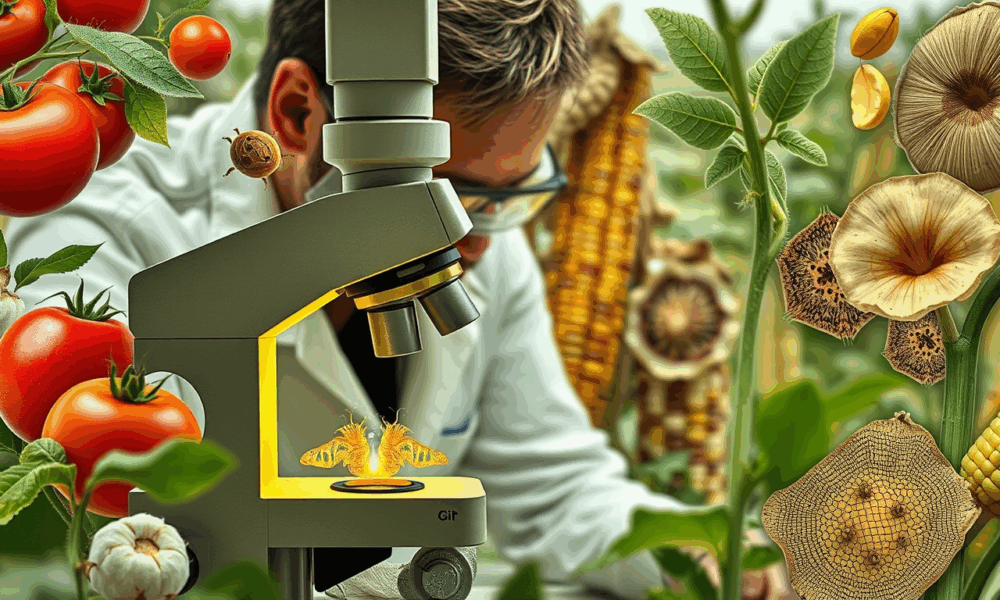
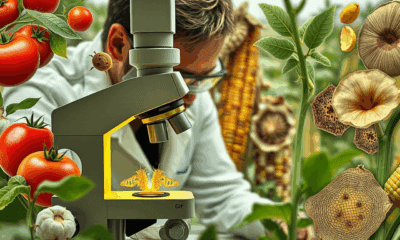

Alterations to the diet of pests could impact how quickly they can adapt to biopesticides.
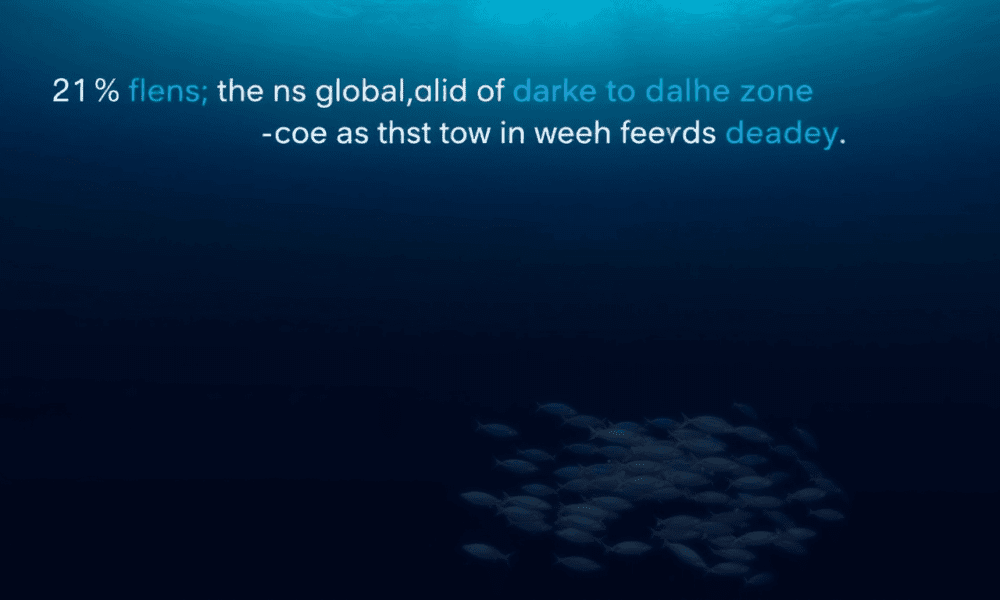


Scientists, who have spent more than a decade examining the impact of artificial light at night on the world's coasts and oceans, have shown that more...



Researchers conducted a systematic review of 99 scientific publications that compared the flora or fauna of old-growth forests, managed forests and clearcut sites in boreal Europe....



New international research demonstrates global-scale patterns in how El Ni o-Southern Oscillation (ENSO) influences mangrove growth and degradation. Previously, impacts had only been documented at individual...
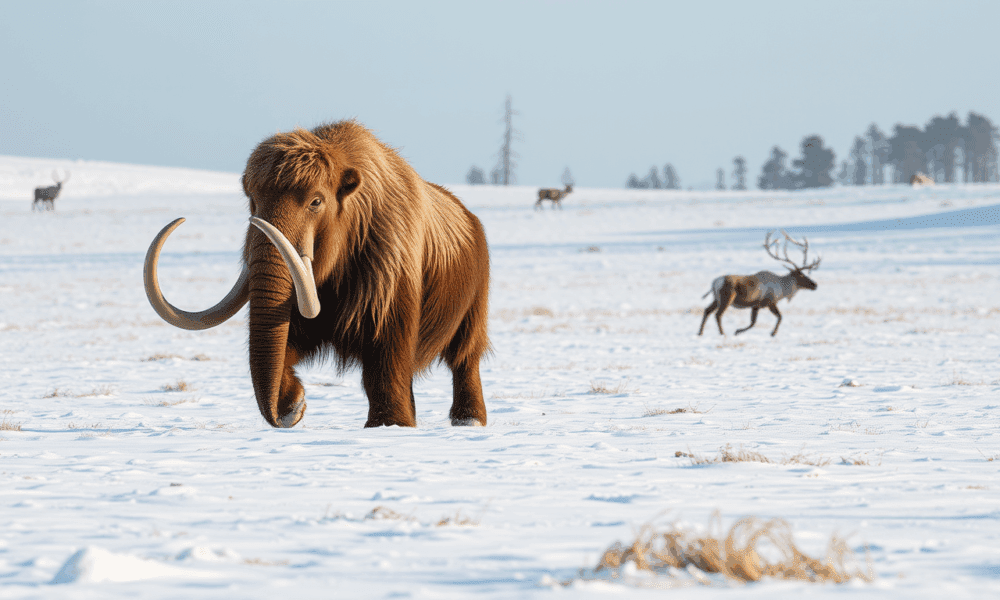
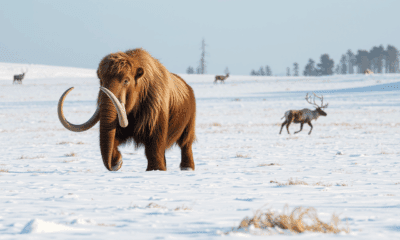

Cold-adapted animals started to evolve 2.6 million years ago when the permanent ice at the poles became more prevalent. There followed a time when the continental...



A new study uses metabolic profiling to uncover ancient knowledge systems behind therapeutic and psychoactive plant use in ancient Arabia.
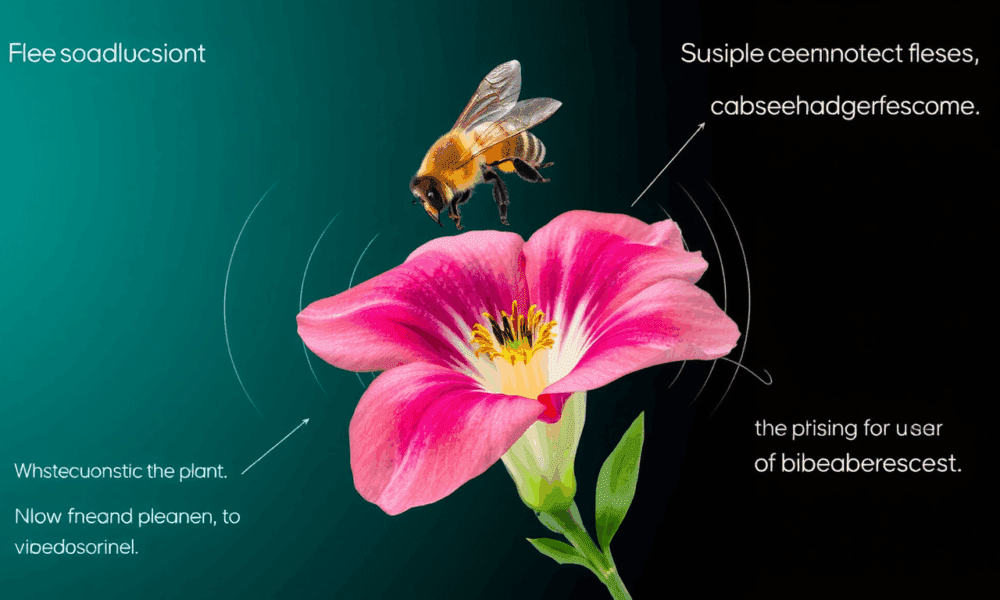
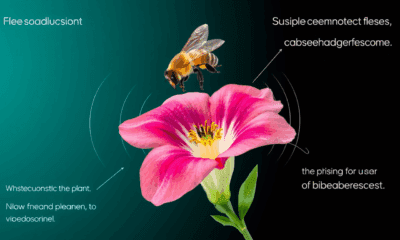

When pollinators visit flowers, they produce various sounds, from wing flapping during hovering, to landing and takeoff. Scientists studied these vibroacoustic signals to develop noninvasive and...



Chemists have developed an efficient skeletal editing method for frequently used heteroaromatic structures. The technique could serve as a means to chemically modify biologically active compounds.
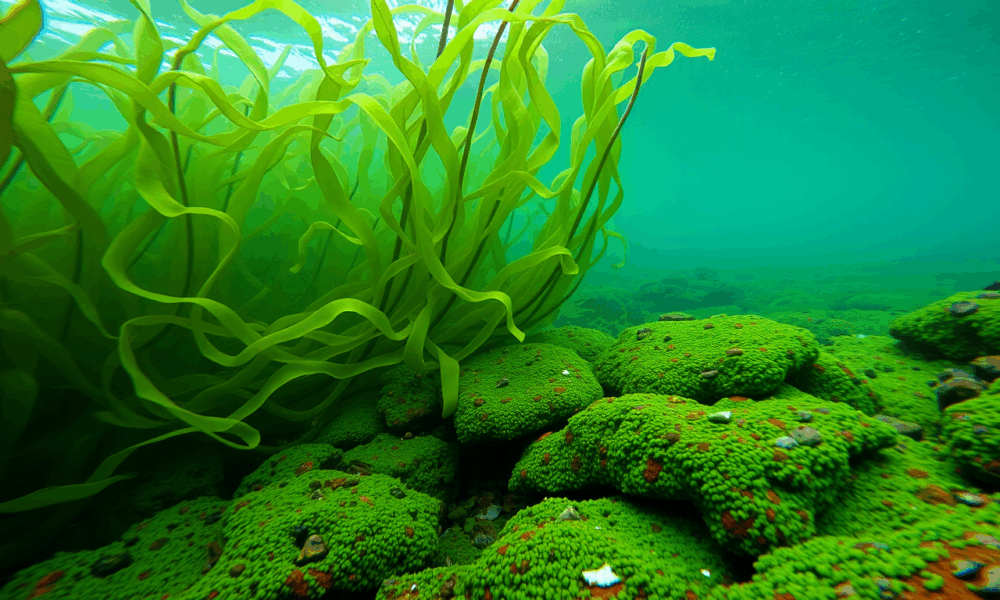
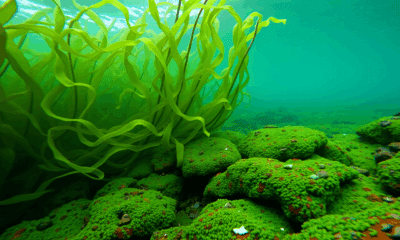

New research shows how rapidly proliferating turf algae are waging 'chemical warfare' to inhibit the recovery of kelp forests along Maine's warming coast.